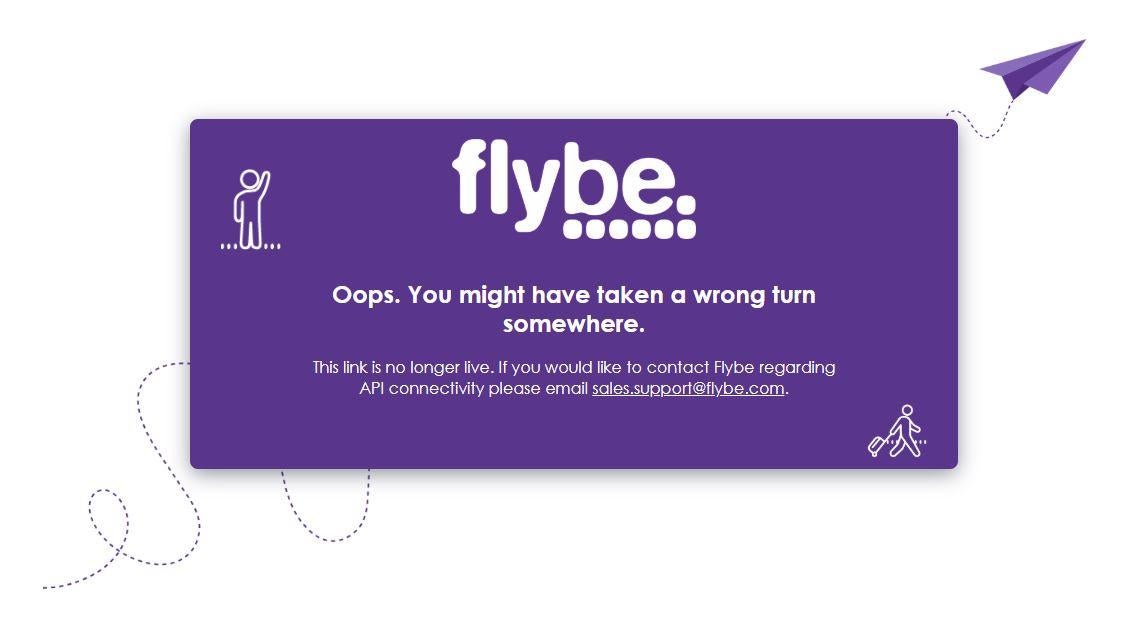Flybe collapses as coronavirus outbreak takes toll
Almost 1,000 staff were based at Flybe’s Exeter headquarters, with Belfast, Birmingham, Manchester and Southampton important bases
Your support helps us to tell the story
From reproductive rights to climate change to Big Tech, The Independent is on the ground when the story is developing. Whether it's investigating the financials of Elon Musk's pro-Trump PAC or producing our latest documentary, 'The A Word', which shines a light on the American women fighting for reproductive rights, we know how important it is to parse out the facts from the messaging.
At such a critical moment in US history, we need reporters on the ground. Your donation allows us to keep sending journalists to speak to both sides of the story.
The Independent is trusted by Americans across the entire political spectrum. And unlike many other quality news outlets, we choose not to lock Americans out of our reporting and analysis with paywalls. We believe quality journalism should be available to everyone, paid for by those who can afford it.
Your support makes all the difference.Flybe has collapsed. All future flights on the Exeter-based airline have been cancelled – leaving more than 2,300 staff facing an uncertain future, and wrecking the travel plans of hundreds of thousands of passengers.
The official announcement was made just after 3am. But it had been clear from late on Wednesday that the airline was going out of business.
Passengers with bookings for Thursday’s flights were told by text at 2am: “All Flybe and Stobart Air operated flights have been cancelled with immediate effect.
“Please do not travel to the airport as your flight will not be operating. If you are booked to travel on a Blue Islands or Eastern Airways operated flight, these are expected to still operate.”
The chief executive, Mark Anderson, said: “Europe’s largest independent regional airline has been unable to overcome significant funding challenges to its business.
“This has been compounded by the outbreak of coronavirus which in the last few days has resulted in a significant impact on demand.
“Flybe has been a key part of the UK aviation industry for four decades, connecting regional communities, people and businesses across the entire nation.”
“I thank all our partners and the communities we have been privileged to serve. Above all I would like to thank the Flybe team for their incredible commitment and dedication.”
A government spokesperson said: “We have asked bus and train operators to accept Flybe tickets and other airlines to offer reduced rescue fares to ensure passengers can make their journeys as smoothly as possible.
“We know this will be a worrying time for Flybe staff and our Jobcentre Plus Rapid Response Service stands ready to help them find a new job as soon as possible.
“We are working closely with industry to minimise any disruption to routes operated by Flybe, including by looking urgently at how routes not already covered by other airlines can be re-established by the industry.”
Richard Moriarty, chief executive of the Civil Aviation Authority, said: “This is a sad day for UK aviation and we know that Flybe’s decision to stop trading will be very distressing for all of its employees and customers.”
The Exeter-based airline was bought a year ago by a consortium headed by Virgin Atlantic, and involving Stobart Group and the US hedge fund Cyrus Capital.
The owners put in at least £100m to keep Flybe afloat, but it was making such heavy losses that the money soon ran out.
The consortium had asked the government for a loan, and to defer its payment of Air Passenger Duty.
The continued spread of coronavirus, also known as Covid-19, has hit airlines around the world as people stop travelling.
While the coronavirus crisis will be blamed for hastening the demise of Flybe, its business plan has been derided by competitors.
Some of those rivals are now expected to set up short-notice replacement flights, especially for links to and from Belfast City airport – which is heavily dependent on the failed carrier.
A spokesperson for Birmingham airport said: “We already have arrangements for two airlines to replace five of its routes in the next few weeks. We will continue to engage with other airlines to replace the remaining capacity for our region and customers.”
Flybe was selling tickets up to 10pm, despite aircraft already being impounded earlier in the evening.
The Guernsey-based airline, Blue Islands, said its services – which had been branded as Flybe – will continue to operate.
“Passengers with bookings for travel on Blue Islands operated services are advised to check-in on time at the airport,” it said.

“If you already have a booking for 5 March 2020, please check in on time. It will be possible to book any available seats on Blue Islands operated services at the airport.”
The British Airline Pilots’ Association (Balpa) blamed the government for the failure. The general secretary, Brian Strutton, said: “A year ago Flybe was taken over by new owners with promises of funding for a bright future.
“Six weeks ago, when the ownership consortium lost confidence, the government promised a rescue package, apparently at that time recognising the value of Flybe to the regional economy of the UK.
“Throughout, pilots, cabin crew and ground staff have done their jobs brilliantly, while behind the scenes the owners and, sadly, government connived to walk away. Flybe staff will feel disgusted at this betrayal and these broken promises.”
Almost 1,000 staff were based at Flybe’s Exeter headquarters, with Birmingham, Manchester and Southampton important bases.
It operated 119 routes, but the vast majority of its services connected UK airports.
The collapse is the fourth notable failure of a UK airline in less than four years. Monarch went out of business in October 2017, Flybmi in February 2019 and Thomas Cook Airlines in September 2019.

Join our commenting forum
Join thought-provoking conversations, follow other Independent readers and see their replies
Comments